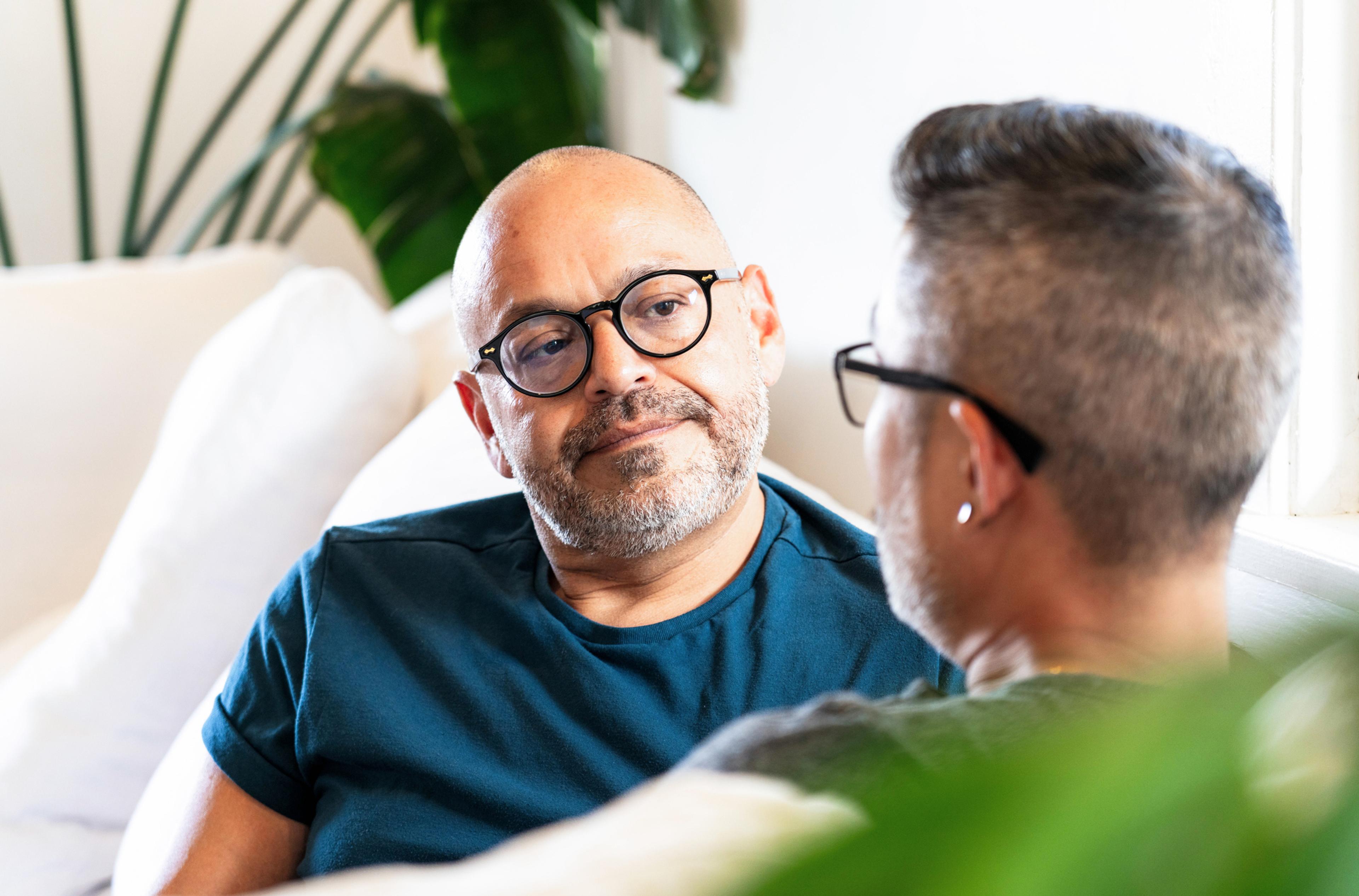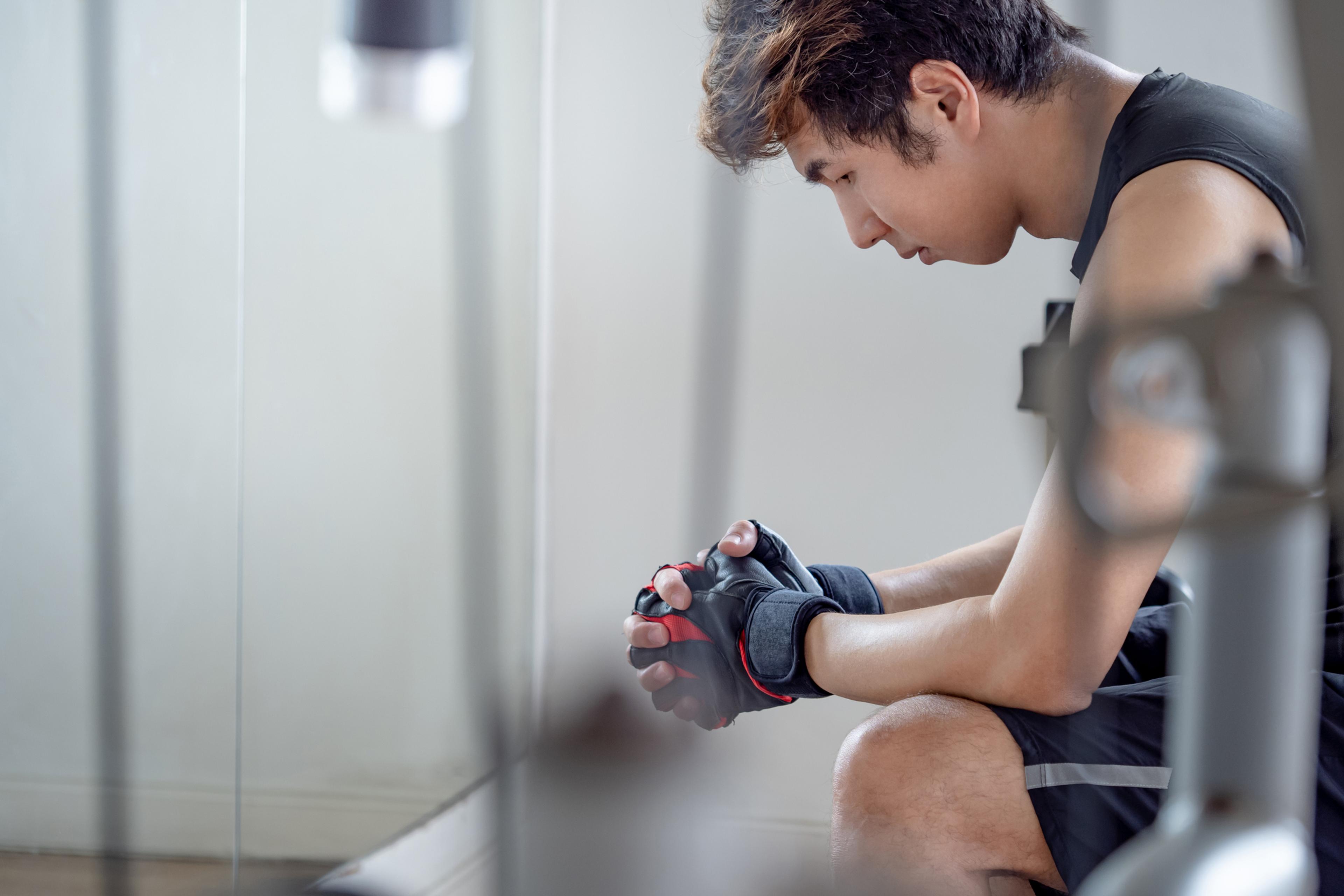
There’s a big difference between listening to someone and just hearing them. If you’ve ever been barked at for staring off into space as a loved one speaks, your listening skills may need a reboot.
Actively listening instead of distractedly listening shows that you care. It’s a skill that can have a big impact on pretty much every relationship you have. If you feel like you’re lacking in that area, read up on how to be a good listener and practice these dos and don’ts later.
Become fully present
Our smart devices and shrunken attention spans shoulder some of the blame here, so when you sit down to have a meaningful chat with someone, make sure your phone is off or on silent. Turn away from any monitors or TV screens that are around. Shunning the obvious sources of distraction around and clearing your mind is a good start. Forget about the next meeting you have, or the TV show you plan to watch in 30 minutes. Fully focus and engage on the other person.
Pick up on non-verbal cues and provide your own
Sometimes the person you’re speaking to can make a louder impact with their body language or their tone of voice than the actual words themselves. Try to pick up on the tone and tenor of a conversation based on tone, gestures and facial expressions. They can let you know how to respond appropriately when the time comes. Your poker face probably isn’t as good as you think it is. Body language and social cues make it easy for a colleague, friend, family member or partner to see that you’re literally present, but not actively listening to them talk.
On the flipside, your body language matters, too. Non-verbal communication on your part lets the speaker know you’re actively listening without interrupting. This can include maintaining eye contact, sitting up straight and open, and nodding or smiling. These cues show the speaker you’re listening.
Don’t interrupt or plan your response
Interrupting someone is rude, but even interrupting to respond to something a speaker said can be distracting and unwarranted. Part of being engaged in a conversation is knowing that not all dead air needs to be filled in.
To circle back to the importance of body language, if your facial expressions indicate that you’re trying to craft the perfect response, the speaker can probably, pick that up. So don’t. Process what you are hearing and respond organically when the time is right.
Recall, restate and ask appropriate questions
Recalling points the speaker just made and summarizing those points in your response not only shows them you are engaged, it shows the speaker that you understand. And if you don’t understand, it gives them an opening to clarify.
Asking questions can move the conversation along in a way that’s helpful for someone who’s trying to find some mental resolution – if they’re framed correctly.
While actively listening, avoid asking questions that may come as judgmental, like questions that start with, “Wouldn’t it be better to...?” and “Don’t you think it makes it worse to…?” Asking reflective questions is a telling characteristic of an active listener. These may start with, “I wonder if…?” and “Is it correct o say…?”
A longform example could sound something like this: “It sounds like you’re frustrated that your sister always entertains going on a big trip with you but tends to back out in the planning stages, does that sound right?”
More dos and donts
Instantly breaking bad listening habits probably isn’t realistic. Still, apply these tips the more and more you chat with the most important people in your life, and all parties will win. Here are a few more quick-hit tips:
When active listening, you should:
- Show empathy
- Stay curious and open-minded
- Stay focused
When active listening, you should avoid:
- An aggressive or skeptical tone
- Dismissing worries or concerns
- Interrupting
Photo credit: Getty Images
Keep reading:





